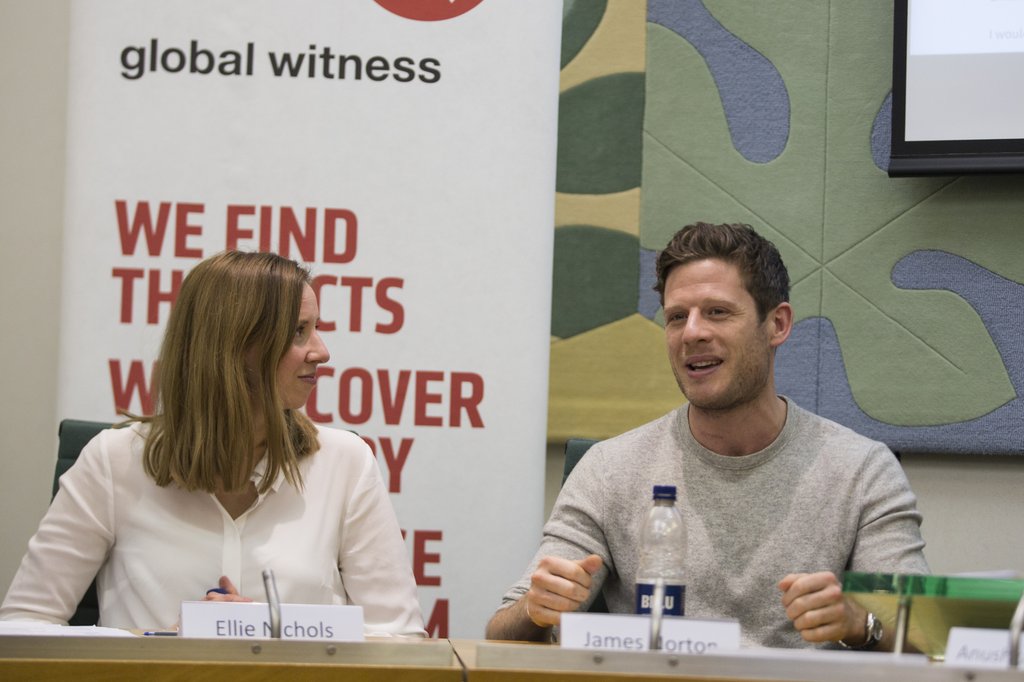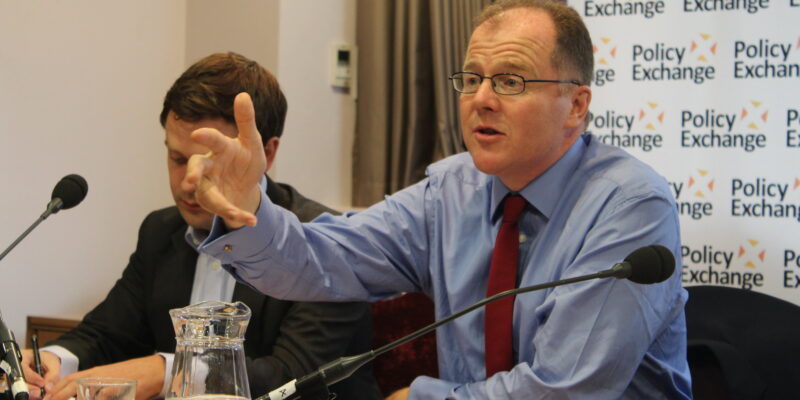London property: dirty money laundromat
The UK government are finally ending property ownership secrecy. It’s about time.

London is full of properties with opaque and secret ownership. In effect, this is a bit like the old system of Swiss banking secrecy – except that the capital isn’t held as cash, but as property. If you have stolen, or gained by some other illicit means, a very large amount of money, then the London property market is an ideal place to not only hide but launder it (the term used to make ‘dirty’ money gained through criminal activity look like it is ‘clean’ by investing it in legitimate, legal assets). It’s an open secret that this has been happening routinely in London for decades.
The government is now promising to end land and property ownership secrecy. On an expedited timetable hastened by the Russian invasion of Ukraine, the new Economic Crime (Transparency and Enforcement) Bill has already been passed by the House of Commons and will now go through the House of Lords. The government has been promising this legislation for years. David Cameron discussed moving in this direction at the G8 in 2013 and committed to introduce a register in 2016. Many suspect that the Conservatives’ failure to deliver is down to opposition from the wealthy. It took a conventional war in Europe to finally shake the government from its inaction.
Under the new registration law, anonymous owners of property purchased in the last 20 years will be given 6 months to reveal their identities. If they fail to do so within this timeframe, they will face fines of £2.5k per day and lose the right to sell the property. As the Labour Party has pointed out this time period is highly problematic, as it provides a clear window for an anonymous owner to sell up and move their capital out of the country.
A very large number of properties will have to go through this new registration and identification process. In 2019, Global Witness found that there were 87,000 anonymously owned properties in the UK with a value of around £100 billion. 40% of these were in London and 16,000 were in just two London boroughs: Westminster, and Kensington and Chelsea. Using open-source data, Transparency International identified properties worth £4.2 billion thought to be associated with wealth from suspicious sources. They also found that in 14 high-end property developments 40% of the homes purchased were via transactions linked to ‘high corruption risk’ jurisdictions.
The case for radical economic change
Although a huge amount of Russian money has moved through the City of London and property market over the last thirty years, unlike many of the other responses to the Ukraine crisis this proposal is not Russia-specific and indicates some of the wider problems. While welcome, these new rules will not touch the core structure of the hugely unequal global economy. Even in their own terms, it remains to be seen how watertight and protected the process is from fraud or legal circumvention. For example, as Byline Times have pointed out, the legislation includes an exemption permitting the Secretary of State to exclude a property from the registration requirements if it is considered “in the interests of the economic wellbeing of the United Kingdom” or on grounds of national security.
Ultimately, major reform is needed to turn the corner on the ‘new gilded age’ that has played such a big role in war, conflict and authoritarianism. We already see the signs of war profiteers circulating around the Ukraine-Russia war. The Wall Street Journal has reported investors turning to Ukrainian national debt, which is trading at very low prices offering a current yield of 42%. So, we have a pernicious situation emerging that means, in principle, a wealthy Putin supporter with anonymous property in the UK could sell up in the six month window, invest their capital by attempting to bank big profits from Ukraine in its hour of desperate need, while continuing to publicly support the Russian invasion. The fact this is even possible is a reminder that far reaching, global economic change is needed.
March 9, 2022
Brexit Spotlight is run by Another Europe Is Possible. You can support this work by joining us today. The website is a resource to encourage debate and discussion. Published opinions do not necessarily represent those of Another Europe.





